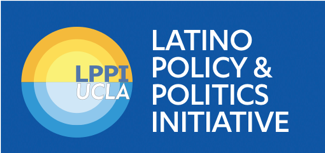Posts

UCLA Report Reveals Economic Uncertainty for Latino Neighborhoods During Pandemic
UCLA's Latino Policy and Politics Initiative (LPPI) in partnership…

Q&A with UCLA California Policy Lab Director Dr. von Wachter on the CARES Act
As an economist and director of the California Policy Lab, Till…

